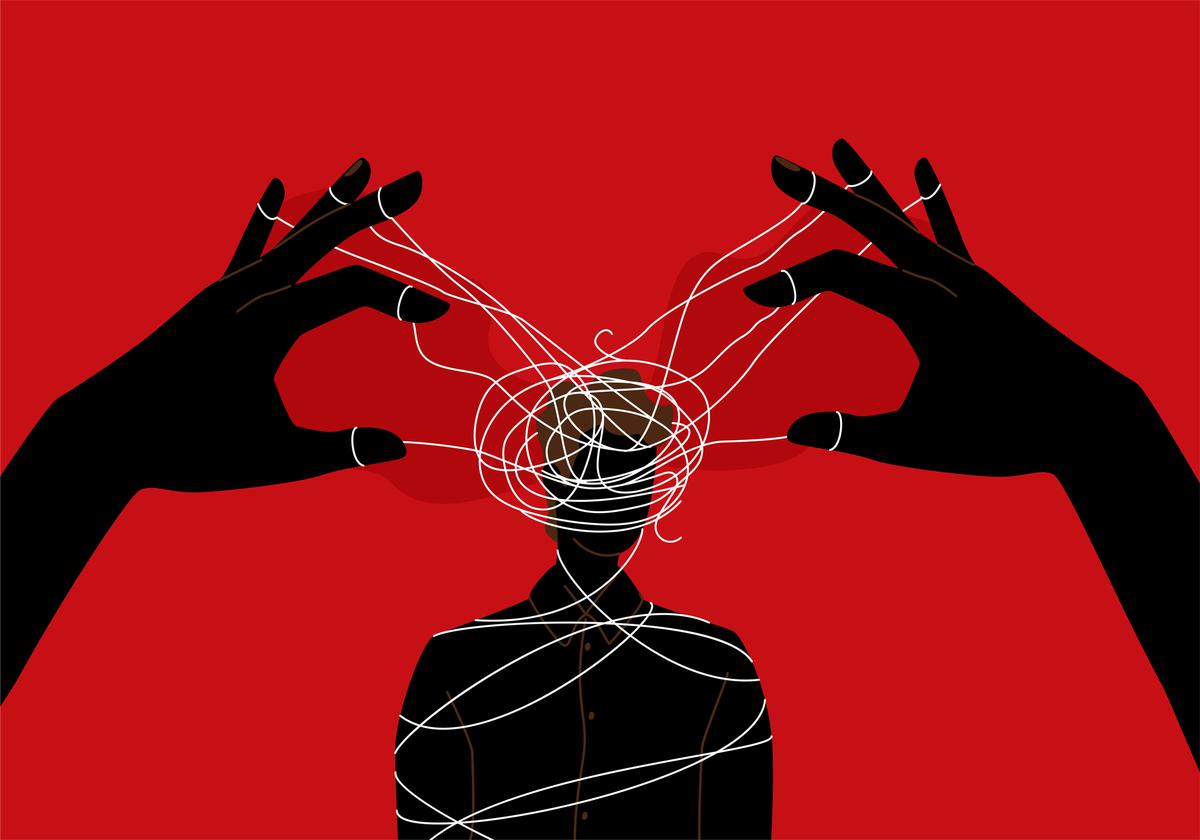Megan has been living with depression for almost four decades. After trying several medications, she decided to seek a further advice from her family doctor. However, instead of a simple conversation about treatment options, Megan was met with dismissive questions like "What's wrong with you?" and "Why don't you just smile?" Her doctor even went as far as to say, "You don't seem sad." Megan was hurt and felt like her struggle with depression was being invalidated.

Gaslighting is a form of psychological manipulation that seeks to sow seeds of doubt in a targeted individual or in members of a targeted group, making them question their own memory, perception, or sanity. In the context of healthcare, gaslighting can have serious consequences for patients with hidden illnesses, such as depression. These patients may already feel ashamed or embarrassed about their illness, and being told that they don’t “seem” depressed can worsen their symptoms and discourage them from seeking help.
It’s important for medical professionals to recognize that mental illnesses are not always visible and that patients should be taken seriously when seeking help. Patients with hidden illnesses can take steps to advocate for themselves by educating their healthcare providers about their illness and symptoms, asking for referrals to mental health specialists, and seeking a second opinion if they feel their concerns are not being addressed. Patients should also remember that they have the right to choose a healthcare provider who understands and supports them.
Gaslighting from medical professionals can have serious consequences for patients with hidden illnesses, including worsening symptoms and discouraging them from seeking help. Patients should be empowered to advocate for themselves and choose healthcare providers who understand and support them. Mental illnesses are real and deserve to be treated with the same seriousness and respect as physical illnesses.
In addition to advocating for themselves, patients can also seek support from mental health organizations and support groups. These groups provide a safe space for individuals to share their experiences and connect with others who may be going through similar struggles.
It’s important for medical professionals to be mindful of their language and approach when interacting with patients who have hidden illnesses. As healthcare providers, it is their duty to provide compassionate care and support to all patients, regardless of their illness or condition.
Furthermore, medical professionals can benefit from training and education on mental health stigma and how to effectively communicate with patients who have hidden illnesses. By understanding the impact of gaslighting and the importance of validating patients’ experiences, medical professionals can create a supportive environment for patients to seek help and receive appropriate care.
In conclusion, patients with hidden illnesses, such as depression, face unique challenges when seeking help. Gaslighting from medical professionals can further exacerbate these challenges and impact patients’ mental health. Patients should be empowered to advocate for themselves and seek support from mental health organizations, while medical professionals should prioritize compassionate care and education on mental health stigma. Together, we can work towards a more supportive and understanding healthcare system for all individuals, regardless of their illness or condition.

In Canada, there are various resources available for individuals seeking help for mental illnesses. Some of these resources include:
- Primary Care Providers: This includes family doctors and nurse practitioners, who can provide initial assessment, treatment and referrals.
- Community Mental Health Clinics: These clinics offer counselling, support and referrals to specialized mental health services. They also provide crisis intervention services and support for families.
- Mental Health Helplines: There are several mental health helplines available across Canada that offer confidential support and referrals. Some examples include Crisis Services Canada at 1-833-456-4566 and Kids Help Phone at 1-800-668-6868.
- Psychologists and Psychiatrists: Psychologists and psychiatrists are mental health professionals who specialize in the diagnosis and treatment of mental illnesses. They can provide counselling, medication management and other forms of treatment.
- Online Therapy: There are also online therapy services available, such as BetterHelp and Talkspace, which offer therapy sessions via phone or video conferencing.
It’s important for individuals to find the right resources and support that best suit their needs. If you or someone you know is struggling with mental health issues, it’s important to seek help as soon as possible.
Source notes:
- National Alliance on Mental Illness. “Mental Health Conditions.” Accessed March 8, 2023. https://www.nami.org/About-Mental-Illness/Mental-Health-Conditions.
- National Institute of Mental Health. “Depression.” Accessed March 8, 2023. https://www.nimh.nih.gov/health/topics/depression/index.shtml.

